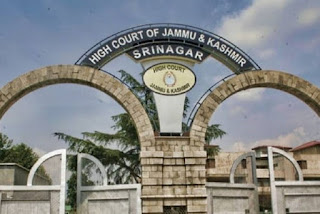The division bench of Justice Revati Mohite Dere and Justice Prithviraj K. Chavan said it would be open for the Director General of Police, Commissioner of Mumbai Police and Home Department to consider whether a senior high-ranking level officer is informed when an FIR under the Official Secrets Act is lodged, in matters concerning the Police Station, to curb misuse of the Act.
"We regularly come across cases where F.I.R are being registered by the Police, under section 3 of the Official Secrets Act, without application of mind, which is a matter of serious concern i.e., for acts done in the Police Station, video graphing of discussions in the Police Station, taking photographs within the Police Station, etc, more particularly, when a 'Police Station' is not a prohibited place," said the court.
Section 3 (Penalties for spying) of the Official Secrets Act, 1923 provides punishment for spying at a 'prohibited place' under section 2(8) of the Act. It is for acts against the safety or interest of the state.
The court relied on Ravindra Shitalrao Upadyay v. State of Maharashtra wherein it was held that video recording made on a mobile phone within the police station would not attract section 3 of the Act. It said to attract the provisions of the Official Secrets Act, the place where the incident takes place has to be a prohibited place', as defined in section 2(8) of the enactment.





















1_meghalaya-high-court-1.jpg)

